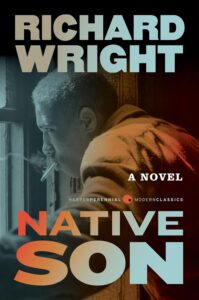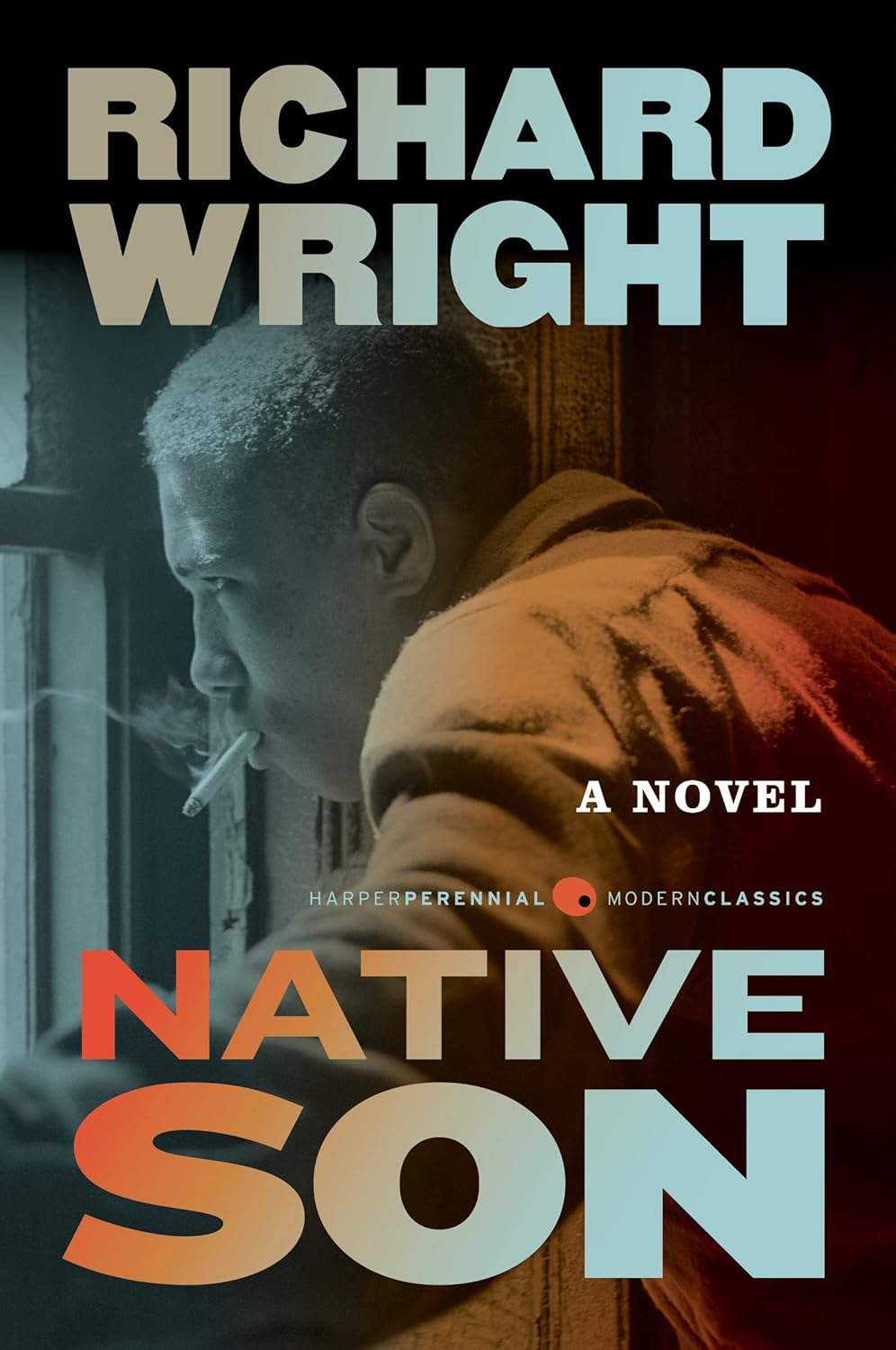Native Son by Richard Wright has long been a lightning rod for controversy, frequently challenged and banned for its graphic depictions of violence, sexual content, and strong language. Since its publication in 1940, the novel has faced criticism from school boards, parents, and censors who argue that its disturbing scenes and unfiltered portrayal of racial tensions are inappropriate for readers, especially students.
Throughout the decades, it has been removed from school curricula and libraries across the United States. Critics often object to its raw depiction of a Black protagonist committing violent acts, as well as the explicit exploration of systemic racism, poverty, and oppression.
Despite these objections, Native Son remains a cornerstone of African American literature and a powerful work that confronts the harsh realities of racial injustice in America.
Richard Wright, the author of Native Son, was a groundbreaking African American writer born in Mississippi in 1908. Raised in the segregated South and shaped by the brutal realities of racism and poverty, Wright moved north in search of opportunity and ultimately became a leading voice in American literature.
His writing is deeply rooted in his experiences with racial inequality and the struggles of Black Americans in a white-dominated society. With Native Son, Wright broke new ground by centering a complex and deeply flawed Black protagonist, thereby forcing readers to confront the psychological effects of systemic racism.
Wright’s commitment to social realism and his willingness to expose uncomfortable truths made him both a celebrated and controversial figure in American letters.
The novel follows Bigger Thomas, a young Black man living in poverty on the South Side of Chicago during the 1930s. Trapped in a cycle of fear, anger, and hopelessness, Bigger’s life takes a tragic turn after he accidentally kills a white woman, Mary Dalton, and attempts to cover it up.
What follows is a harrowing descent into violence, guilt, and ultimately a public trial that lays bare the deeply entrenched racial prejudices of American society. Through Bigger’s story, Wright explores themes of systemic racism, poverty, fear, and the loss of personal agency.
The novel is not only a psychological portrait of one man but also a searing indictment of a society that creates the conditions for such tragedies. While its content remains challenging and disturbing, Native Son endures as a bold and essential work that forces readers to grapple with the consequences of racial injustice and the human cost of inequality.


